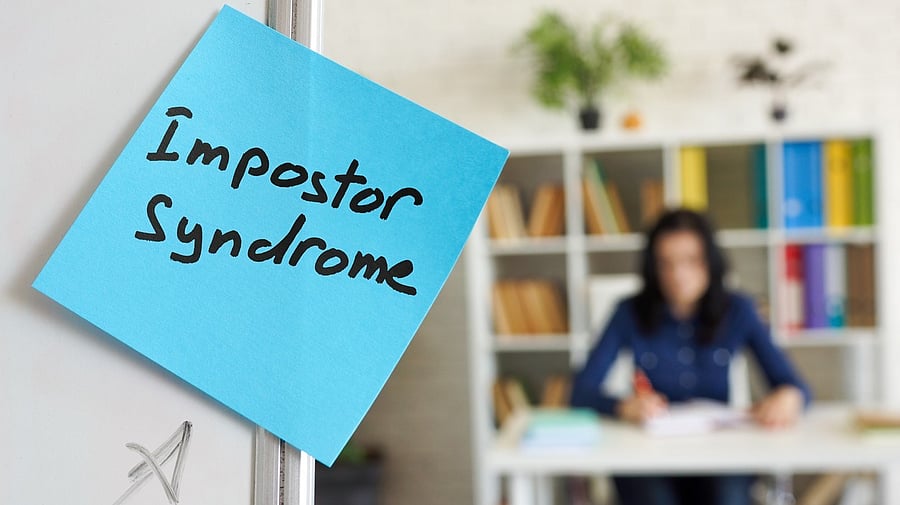
Representative image
Credit: iStock Photo
In the next few months, many students will be winding up their academic journeys to enter the world of work. This may be an exciting time for those with an appointment letter but an anxious one for those whose next step is not yet defined.
However, it is time of transition from being a student to an effective and productive member of the workforce. The transition can be easier if you bust some myths and explore thoughts and beliefs that could get in the way.
Contrary to what you may have heard throughout your time as a student, your success in the workplace does not depend on your marks in any exam that you may have taken to get to this point!
The top scorers are often not as successful as some ‘average’ students who become very successful. How we define success is a different conversation for another day.
What does your success depend on?
Several factors contribute to your success. Your trust in your abilities is fuelled by your self-confidence, which is a belief in your ability to learn and overcome challenges). If you are plagued with self-doubt and believe you are not good enough, that shows up in how you present yourself at work. The self-doubt prevents you from allowing yourself to be “seen”.
You may consciously or unconsciously work towards making yourself “invisible”; no good comes from that. For you to be acknowledged and for your work to be recognised, you must be “seen”. Your confidence and your belief in yourself will allow you to move past the fear of judgement by others (peers, superiors or customers). It allows you to introduce yourself in a group, ask questions in a meeting, put forth your ideas on an assignment, and challenge the status quo.
There is a name for this self-doubt that you may experience, and it is called imposter syndrome. The fact that this phenomenon has a name proves that you are not alone in experiencing it.
Imposter syndrome is the fear of being exposed as a “fraud” as one doubts one’s successes, achievements, talents, qualifications and abilities. It is about having low self-esteem and an inability to validate oneself, which stems from the fear of judgment, failure, not being able to have uninterrupted success, and the fear of not being worthy and as good as others.
American psychologists Pauline Rose Clance and Suzanne Imes first identified imposter syndrome in the 1970s. Even Albert Einstein suffered from it and is believed to have said, “The exaggerated esteem in which my life work is held makes me very ill at ease. I feel compelled to think of myself as an involuntary swindler.”
So how do you build this confidence, this belief in yourself that allows you to say that you are a worthy, “good enough” human being? Now, that is a journey that you must take because solid confidence and self-belief can only be built based on your understanding of yourself, your values, your awareness of your strengths and weaknesses, your acceptance of yourself and where you are on your life’s path, your reflections on what triggers you and what energises and validates you, and so much more.
While that journey may not be easy and may often need you to work with a counsellor who can provide you with the safe, non-judgmental space needed to understand yourself better, it is a journey that can change the trajectory of your career. It is an investment of time and effort (and maybe money) that you owe to yourself!
https://viacharacter.org offers some questions to get you started on self-reflection. Here are some as well:
What do you like about yourself?
What are your strengths and weaknesses?
What behaviours would you like to change?
What’s your definition of success?
What are your passions and interests?
What makes you feel loved? What makes you cry?
How do you want others to see you?
What motivates and inspires you? What energises and drains you?
How do you handle challenges or failures?
How do you recharge and take care of your well-being?
What past experiences have resulted in your personal growth?
How do you navigate relationships? What qualities do you value in your close relationships?
What is your preferred method of learning?
How do you handle and express your emotions? Which emotions do you find challenging?
What are your core values and beliefs? How do they shape your decisions and actions?
What limiting beliefs would you like to overcome?
It’s never too late to start reflecting on who you are. That helps you get rid of imposter syndrome forever.
(The author is a counsellor and wellness coach)